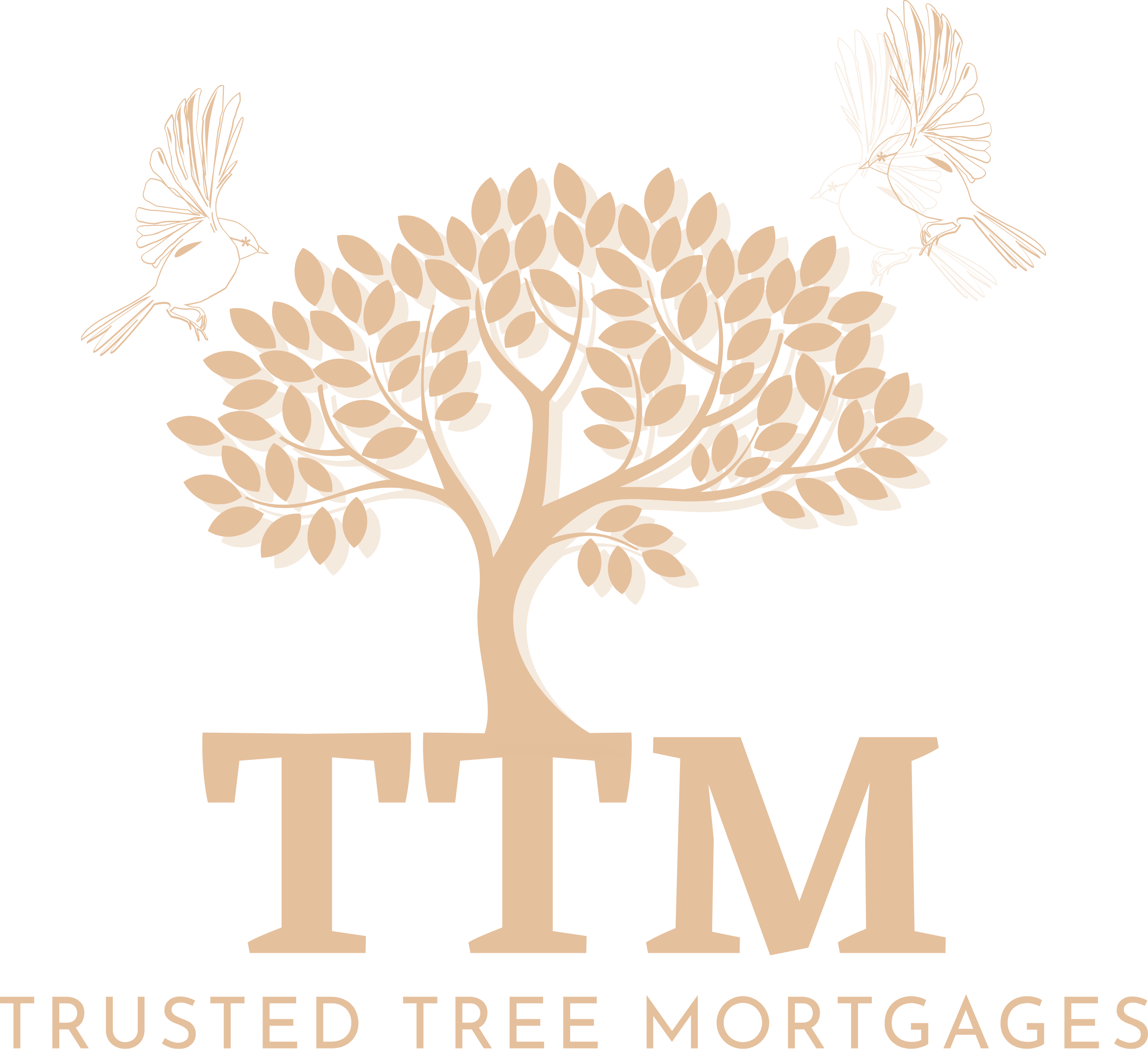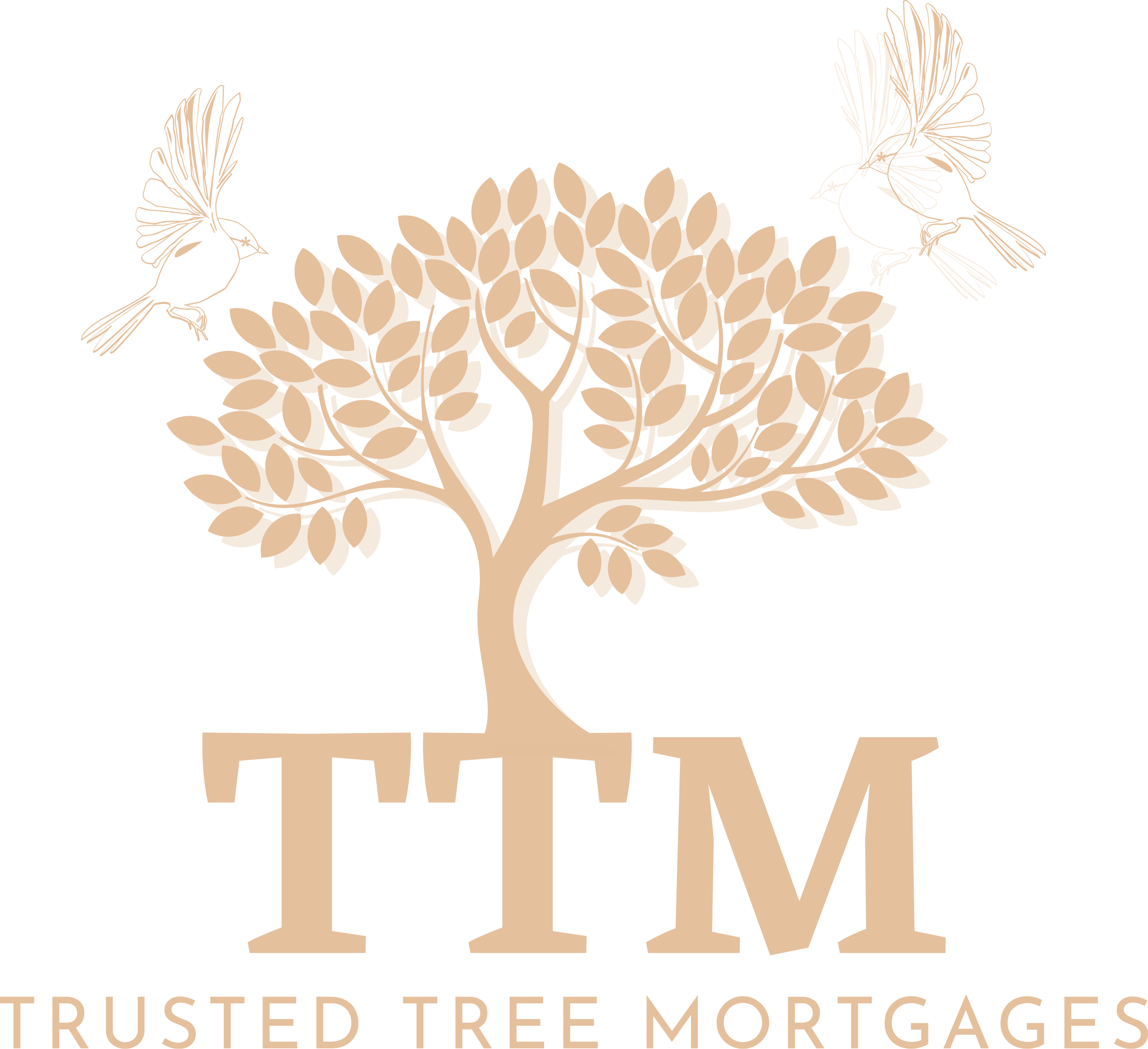A serviced interest bridge loan is a short-term financing option where the borrower makes monthly interest payments during the loan term. The principal amount is repaid at the end of the loan term, often through the sale of the property, refinancing, or other means. This type of loan is commonly used to bridge the gap between the purchase of a new property and the sale of an existing one, or to finance property renovations and developments.
Key Features:
- Monthly Interest Payments: Borrowers are required to make monthly interest payments throughout the loan term. This helps manage cash flow and ensures that the loan balance does not increase over time.
- Short-Term Financing: Typically, serviced interest bridge loans are used for short periods, ranging from a few months to a year.
- Principal Repayment at Term End: The principal amount is repaid in full at the end of the loan term, often through the sale of the property or refinancing or remortgaging.
Benefits:
- Cash Flow Management: Making monthly interest payments can help manage cash flow, especially if the property being financed is income-producing. This can result in a smaller final repayment and lower overall cost compared to other types of bridge loans.
- Lower Overall Cost: By servicing the interest monthly, borrowers can reduce the total amount of interest paid over the loan term, as opposed to having the interest rolled up or retained.
- Flexibility: Serviced interest bridge loans provide flexibility for borrowers who need short-term financing solutions for property purchases, renovations, or developments.
Considerations:
- Monthly Payment Commitment: Borrowers must be able to afford the monthly interest payments, which can be a challenge if the property is not generating income or if there are other financial constraints.
- Repayment Risk: It's crucial to have a clear exit strategy for repaying the principal at the end of the loan term. This could involve selling the property, refinancing, or using other financial resources.
- Higher Interest Rates: Bridge loans generally come with higher interest rates compared to traditional mortgages, reflecting the short-term and higher-risk nature of the loan.











